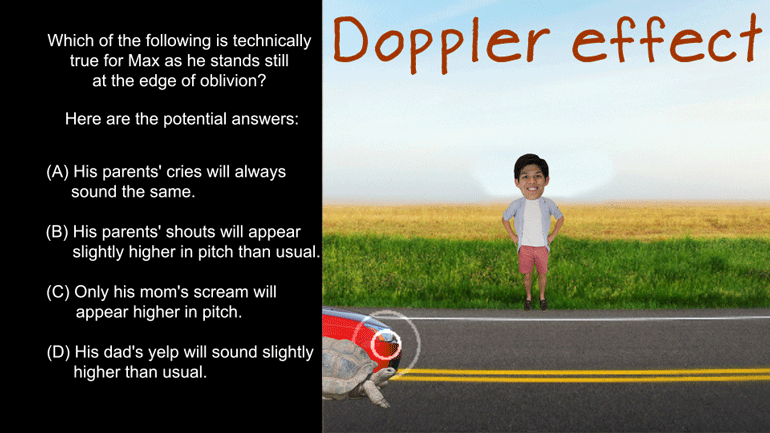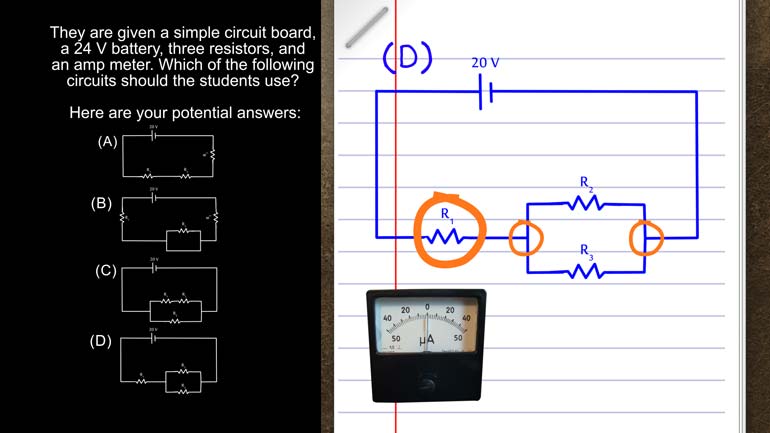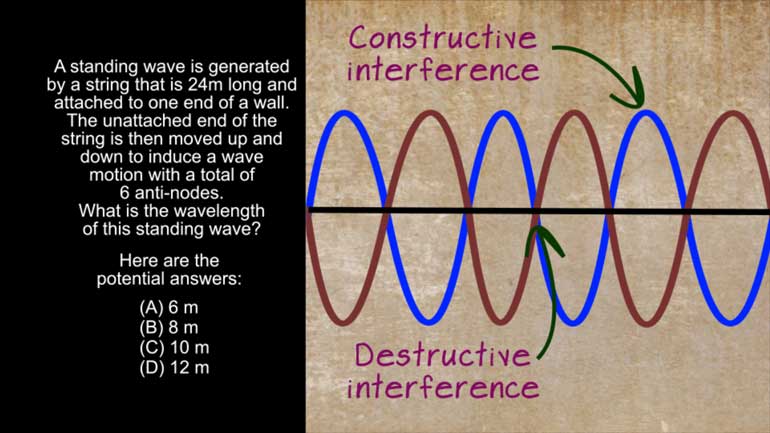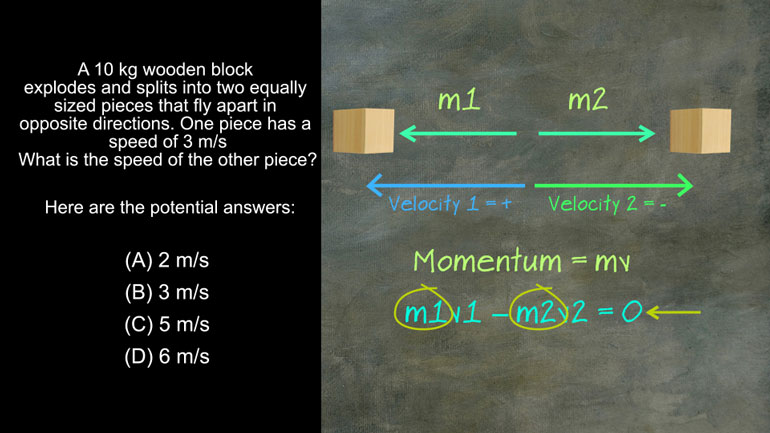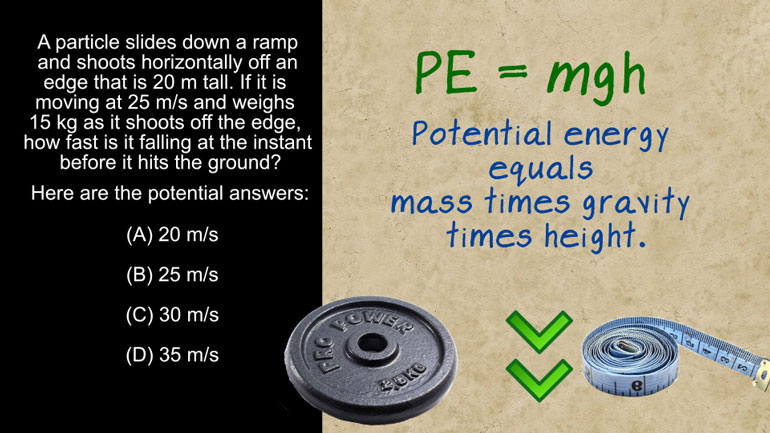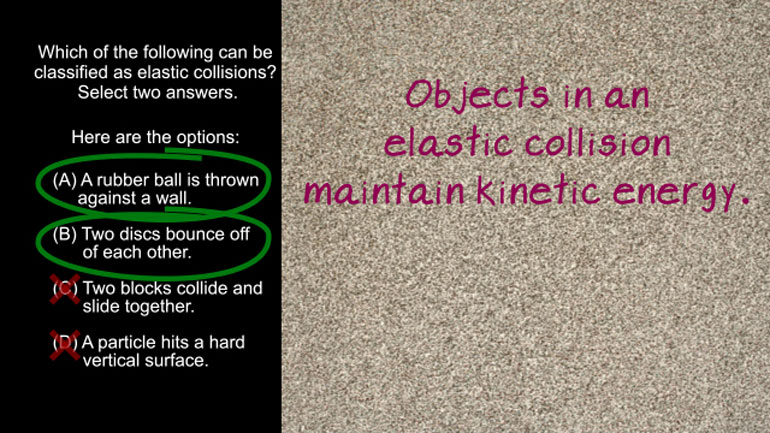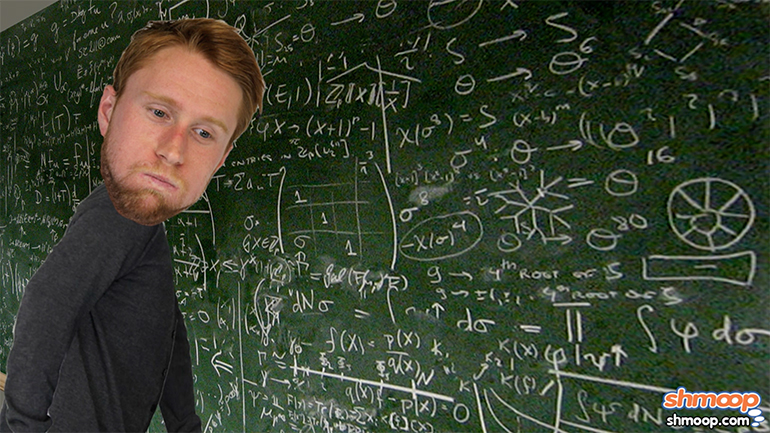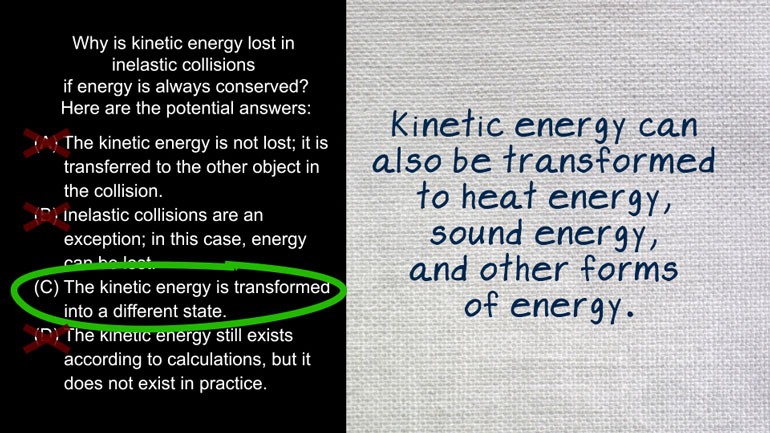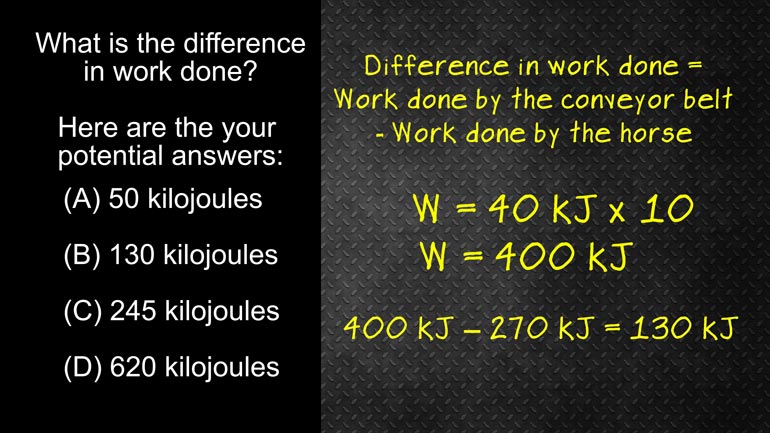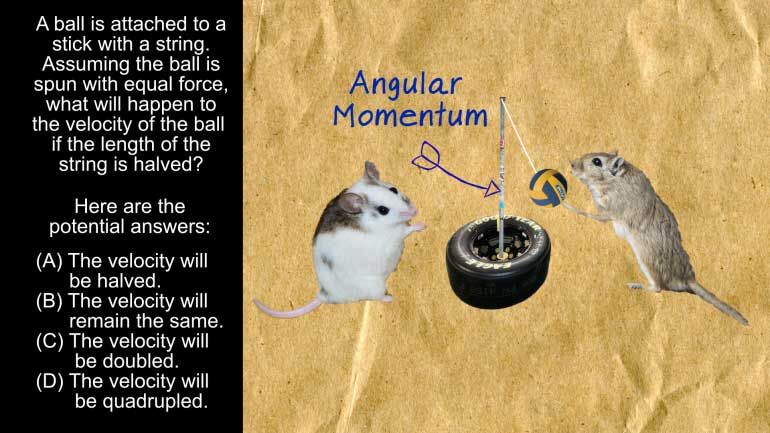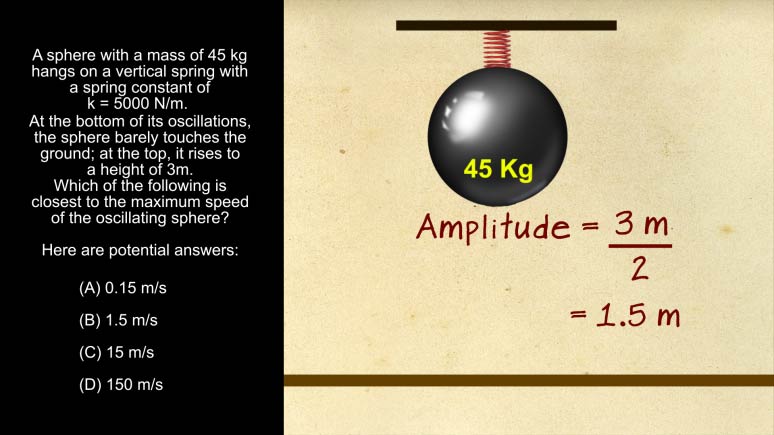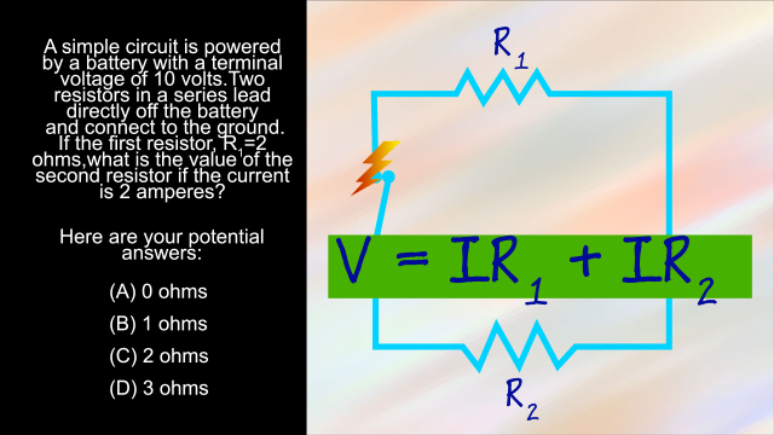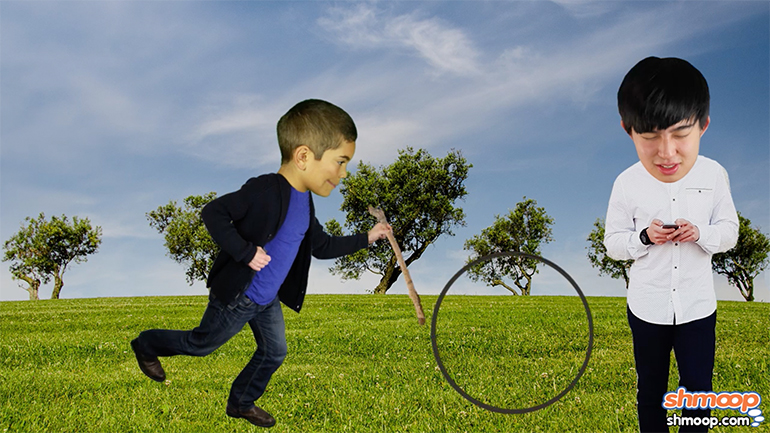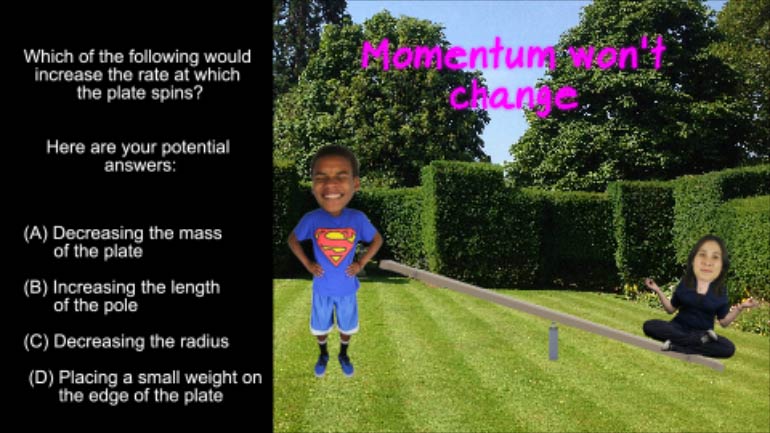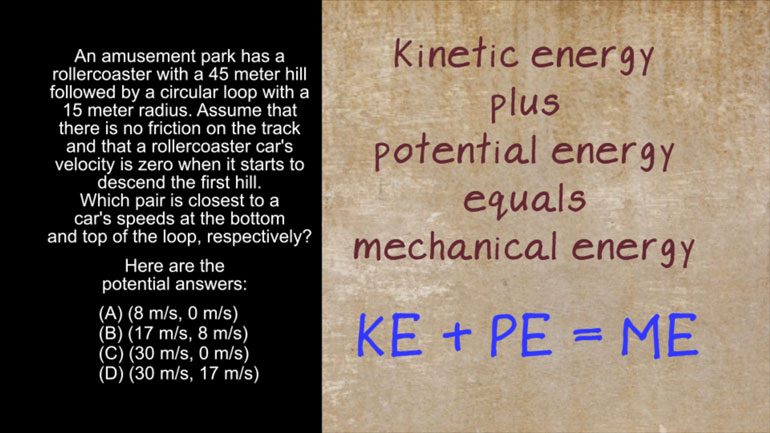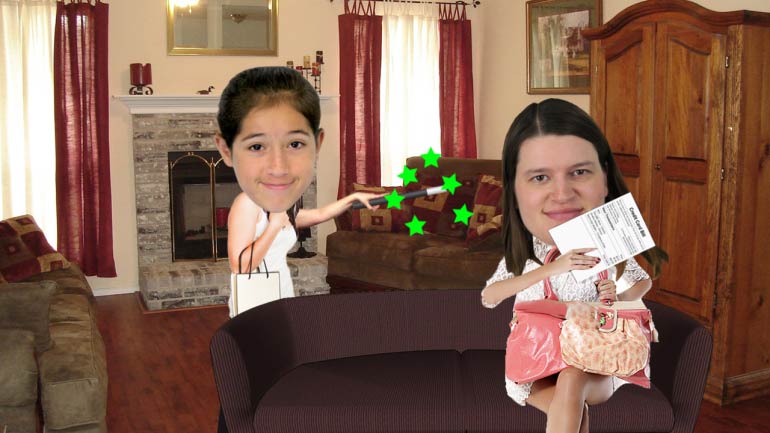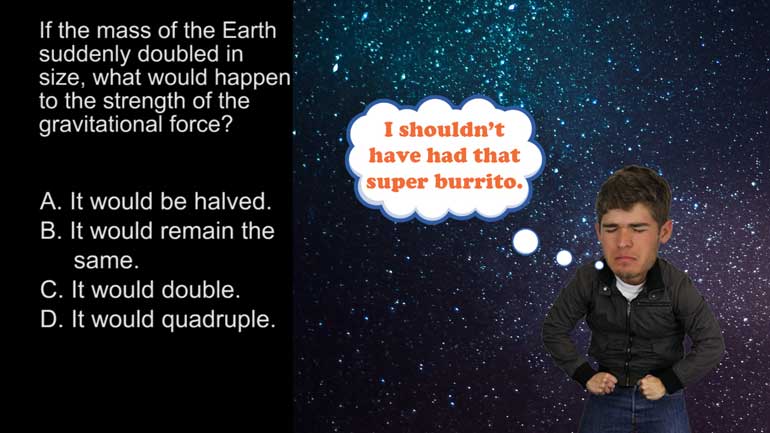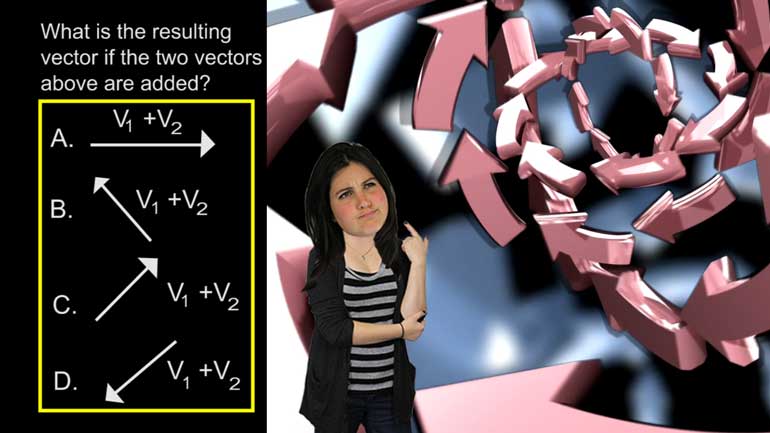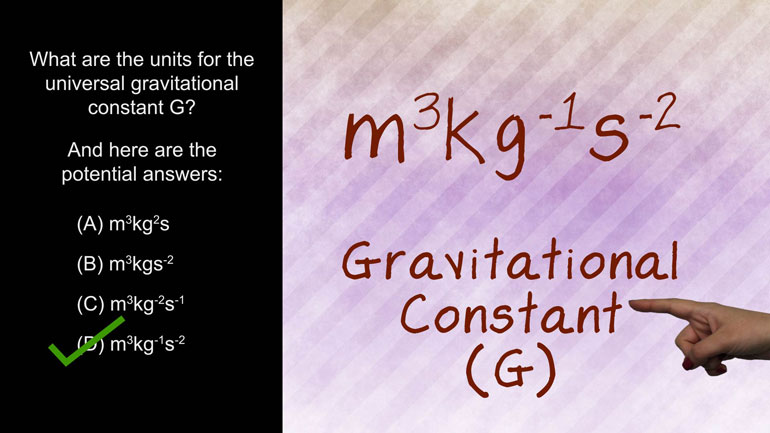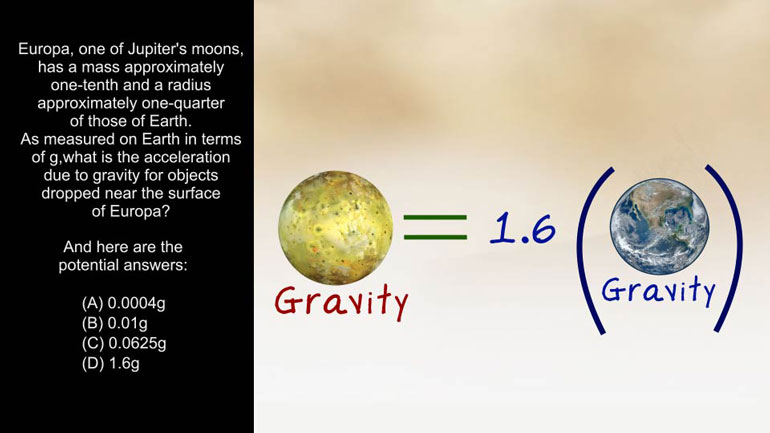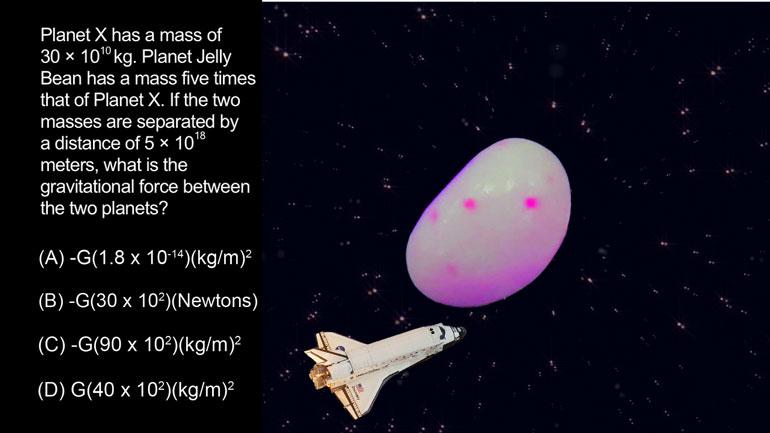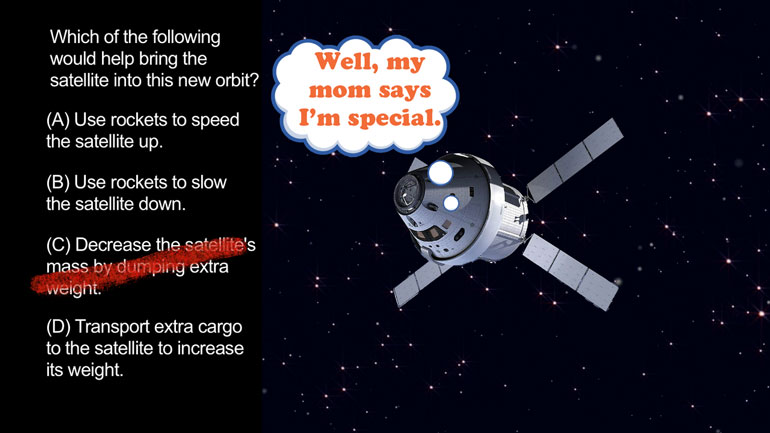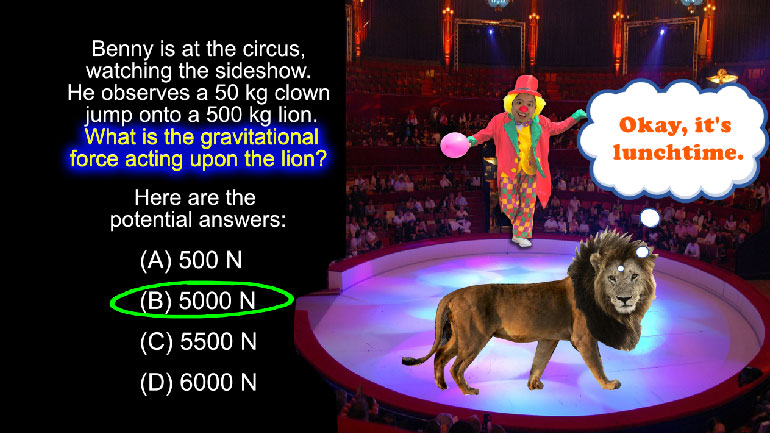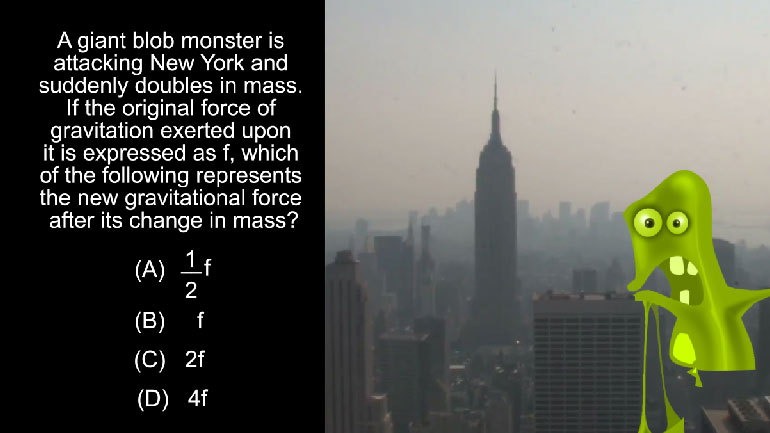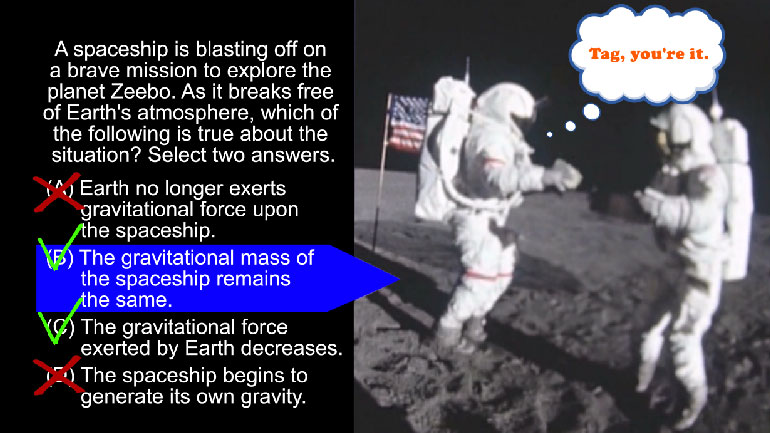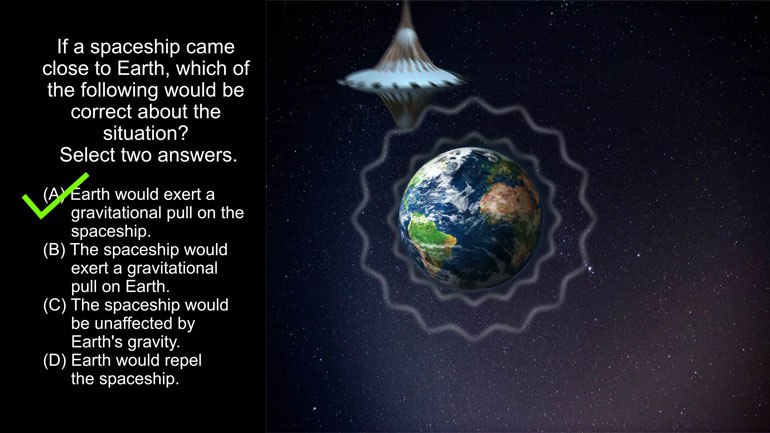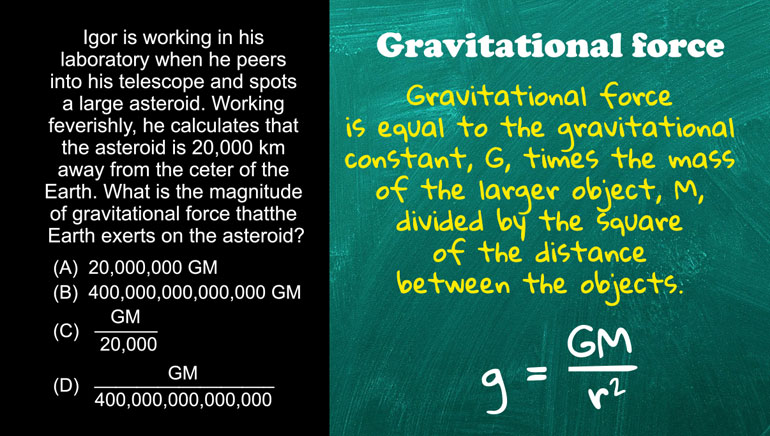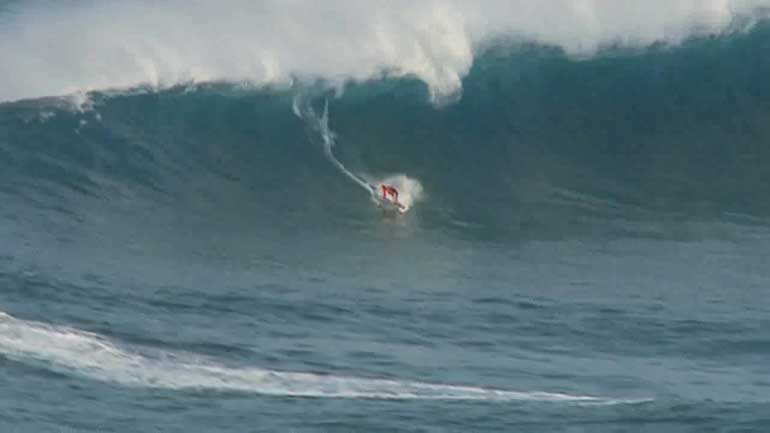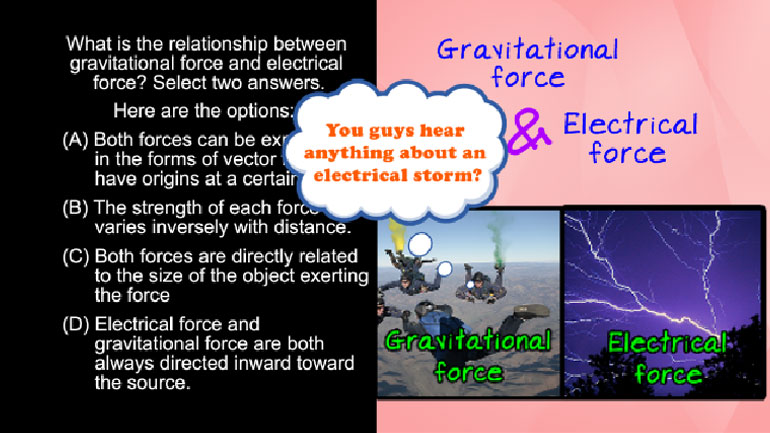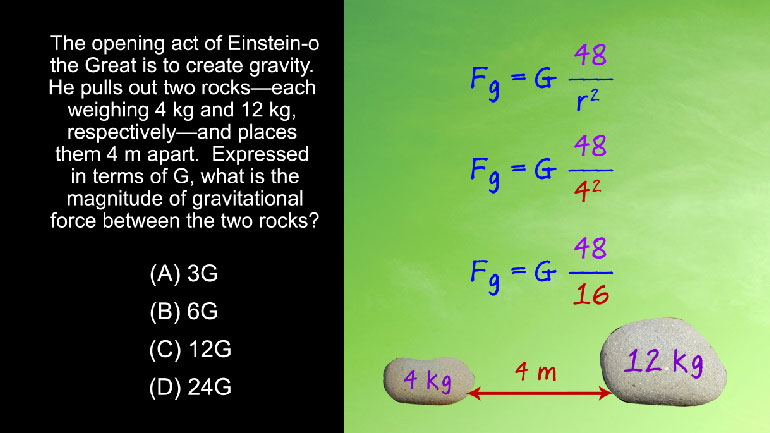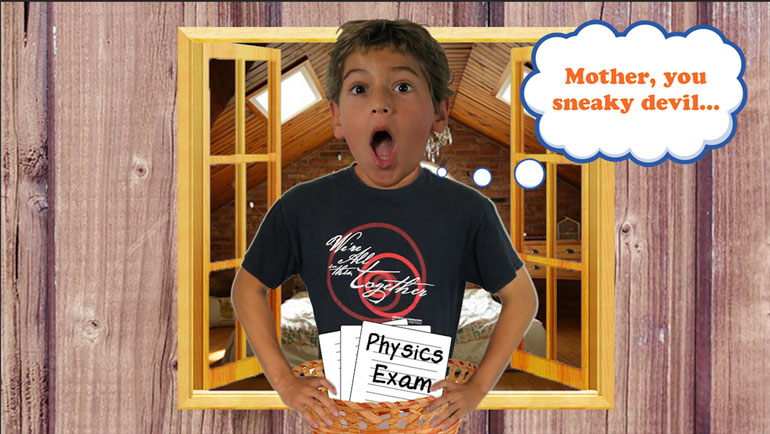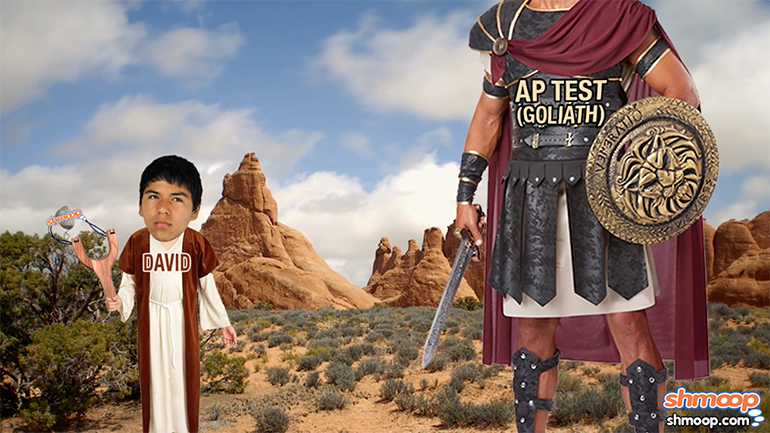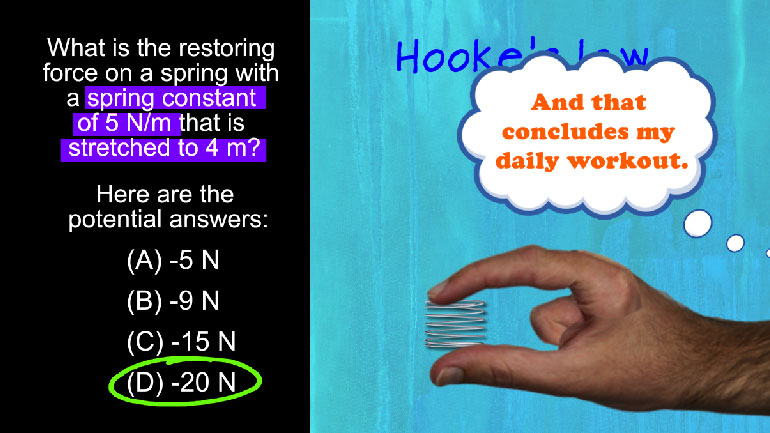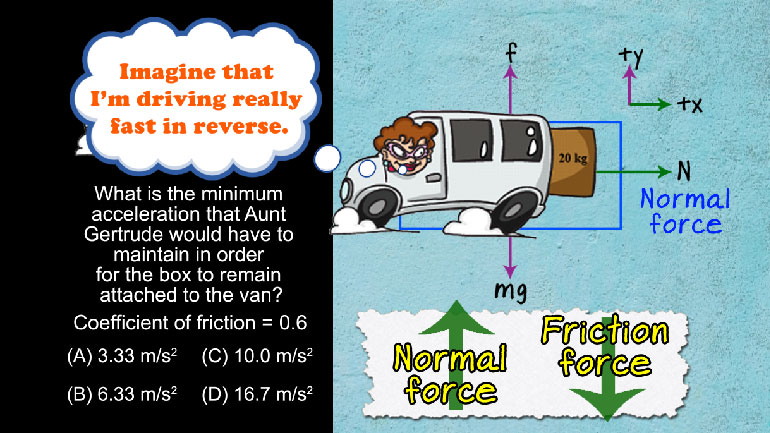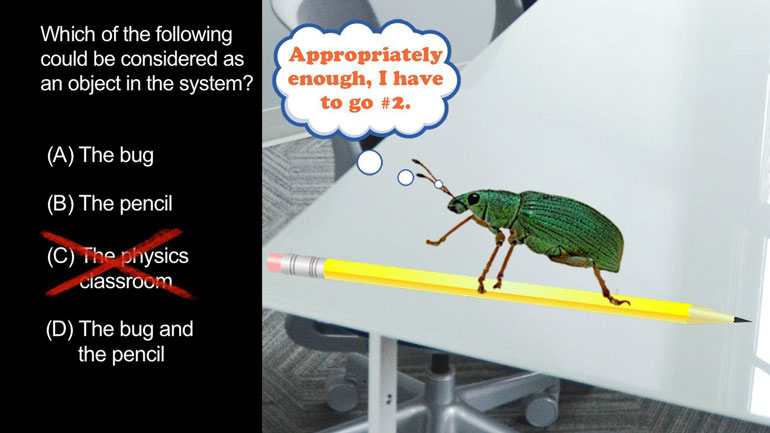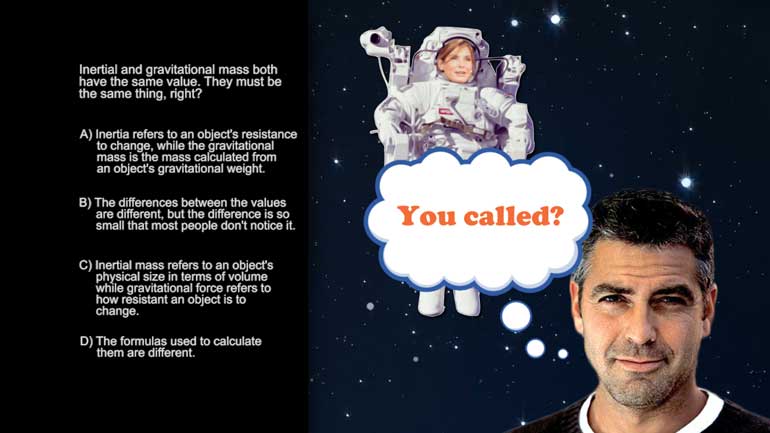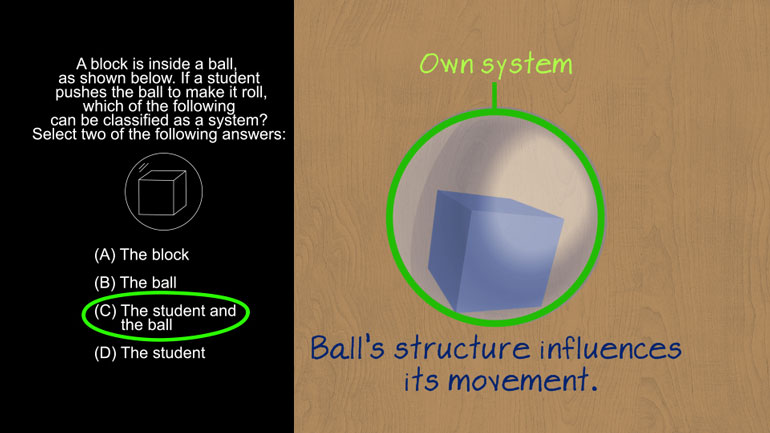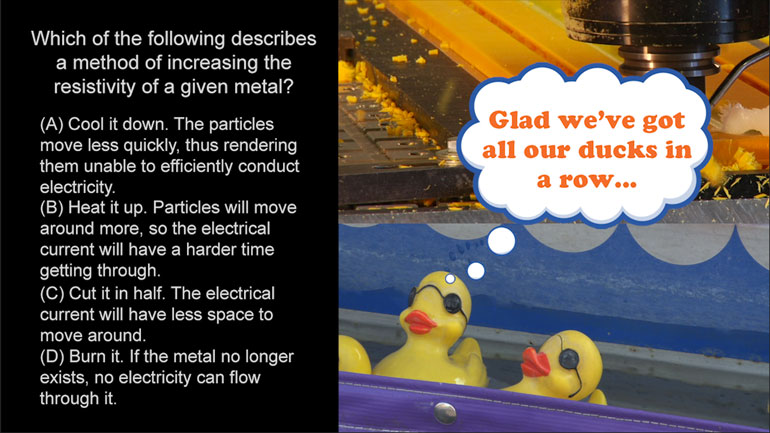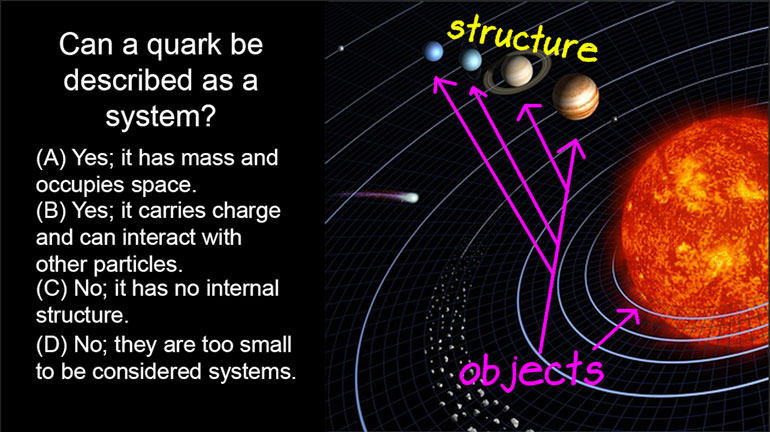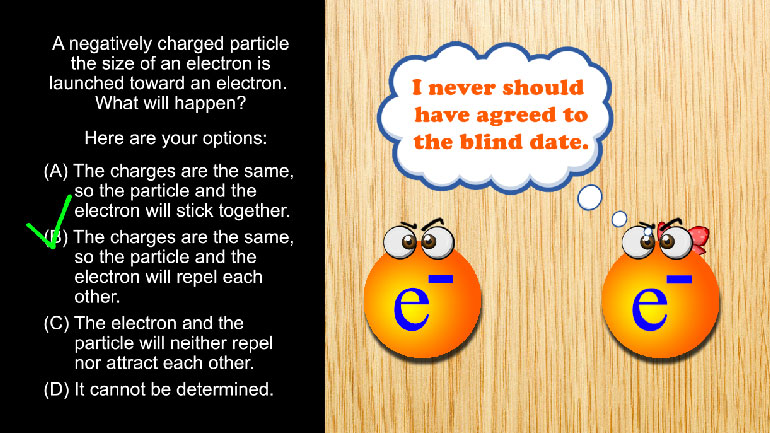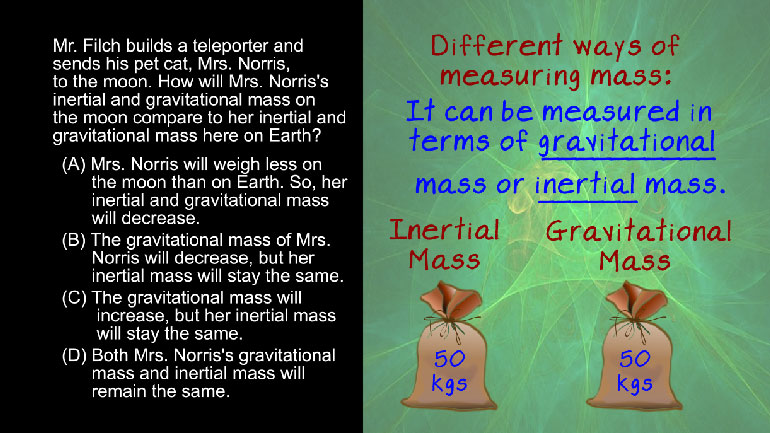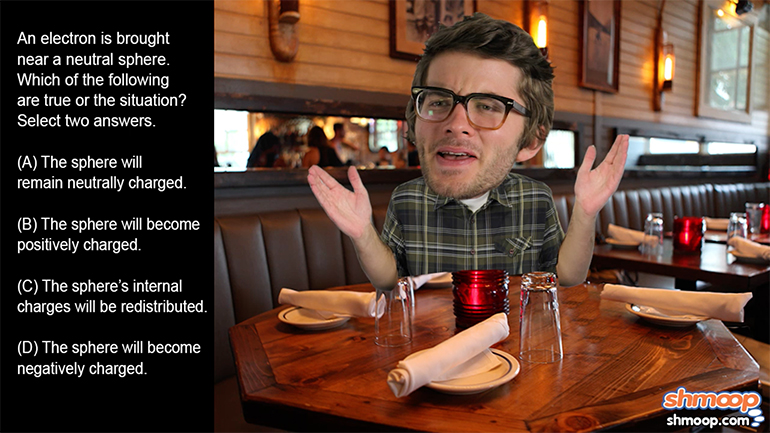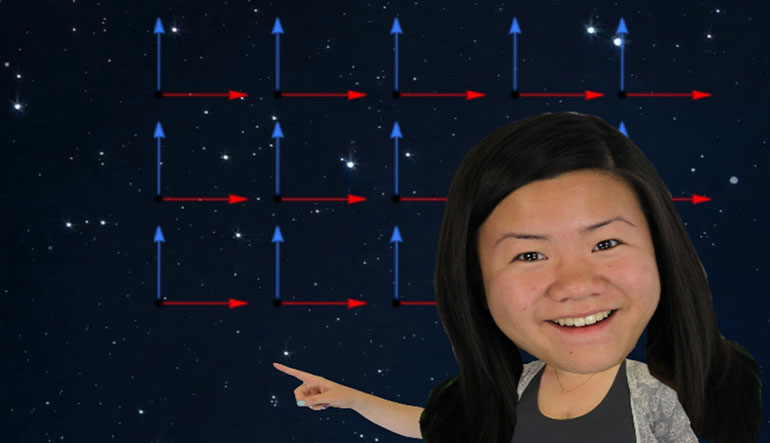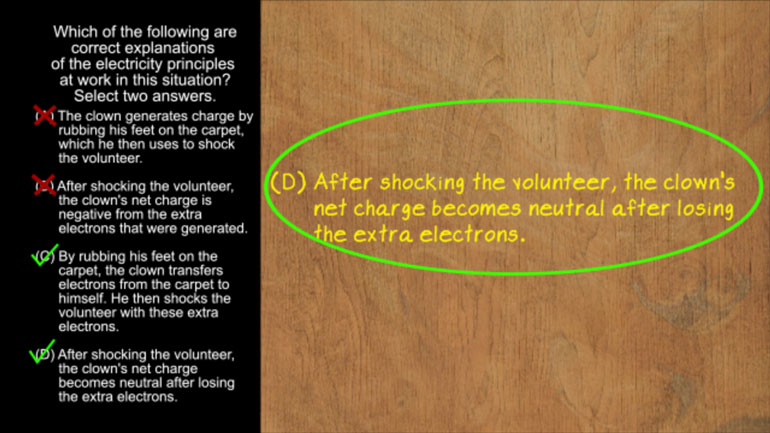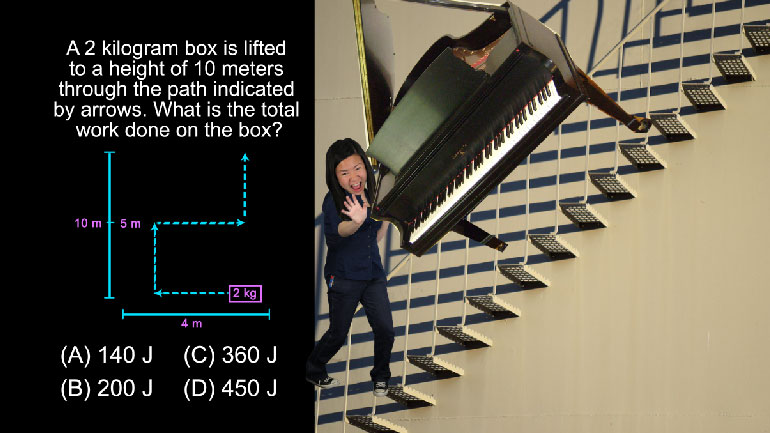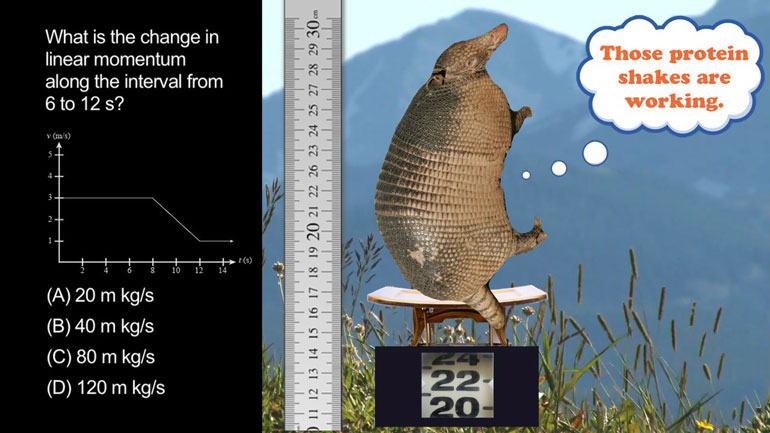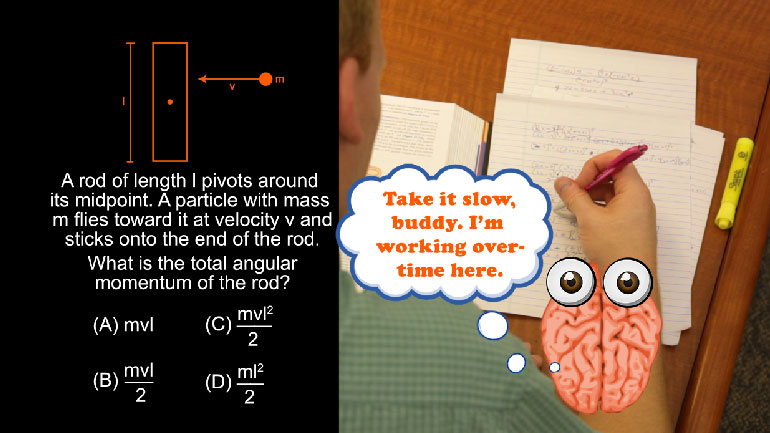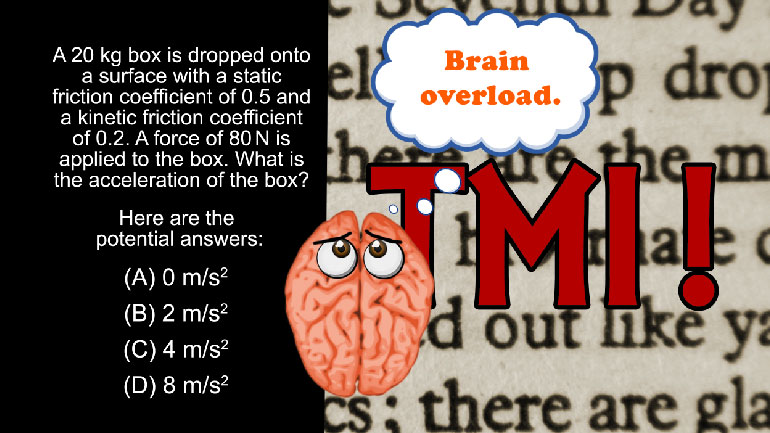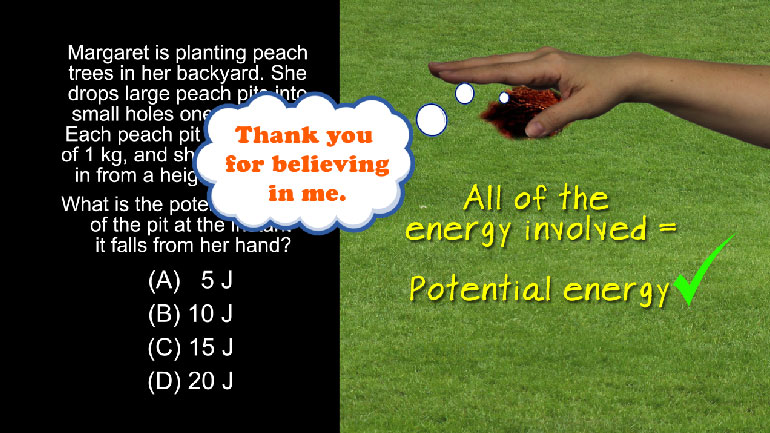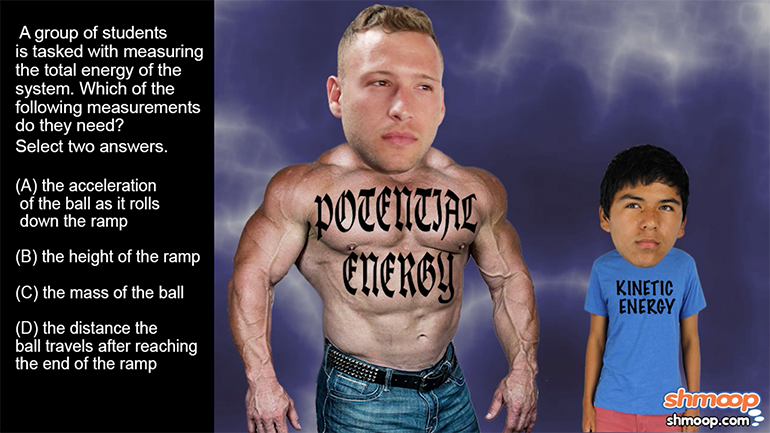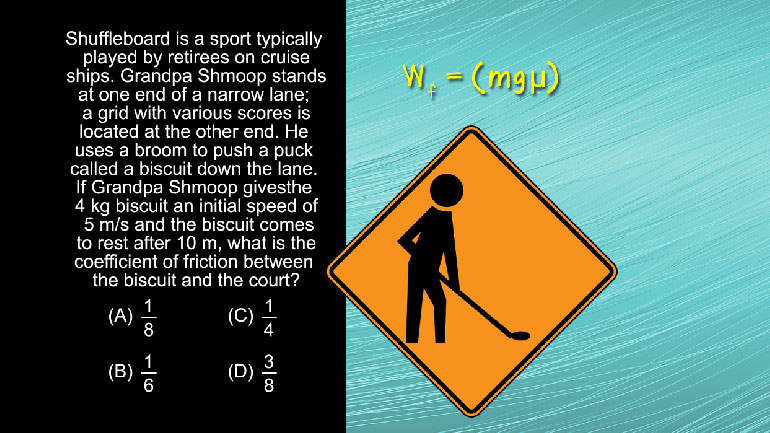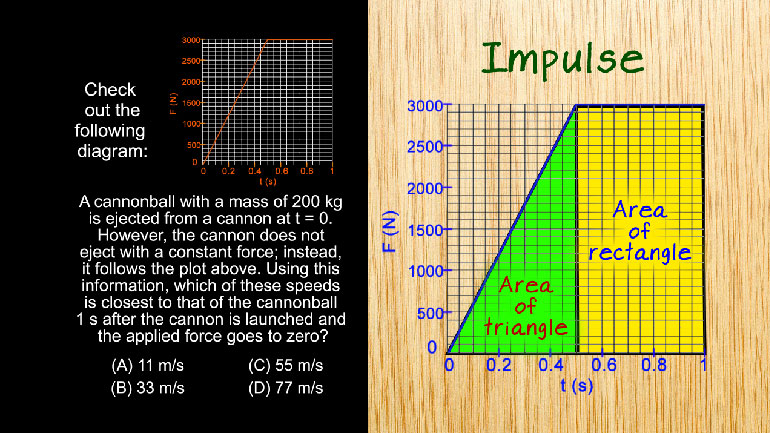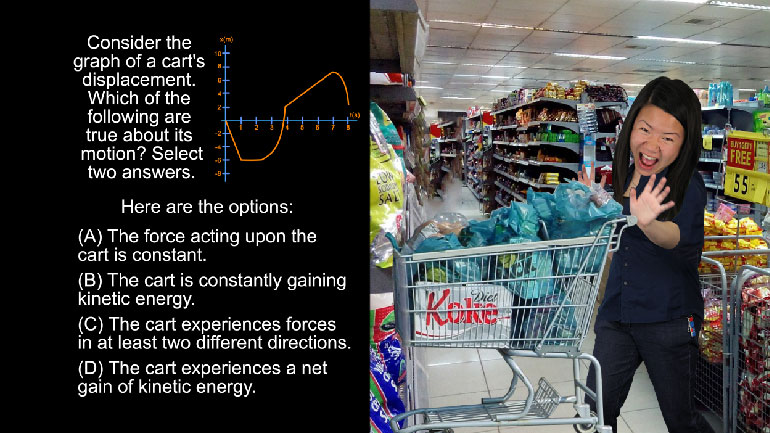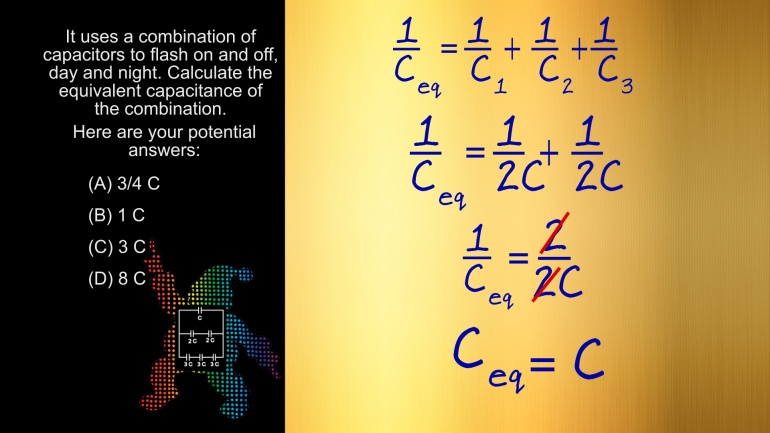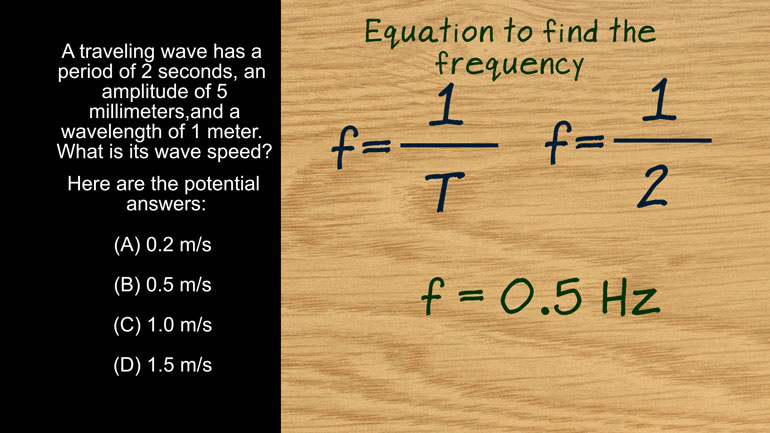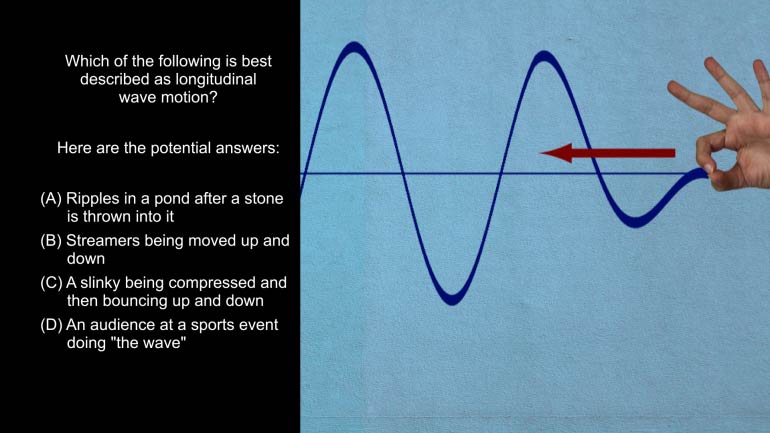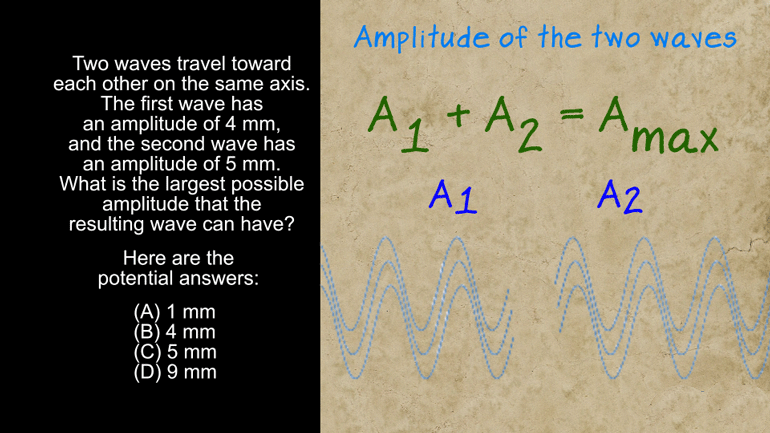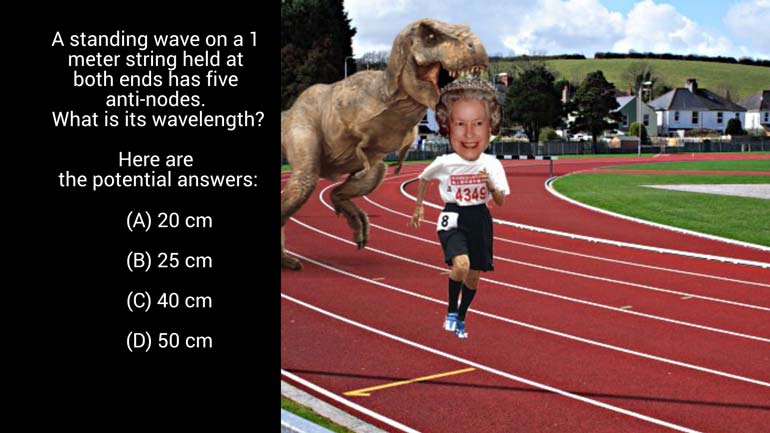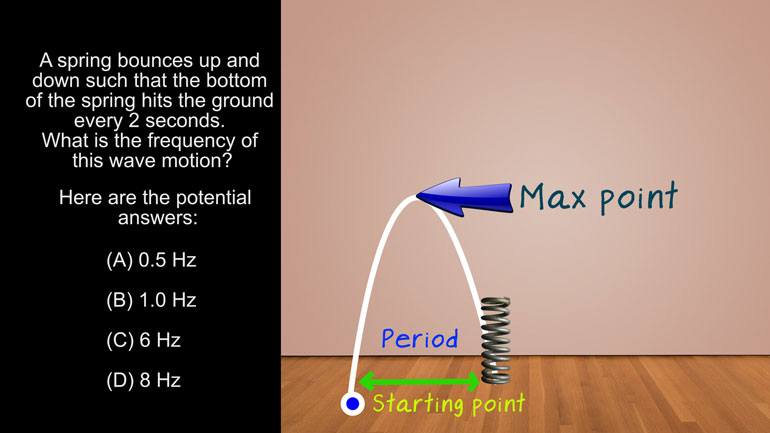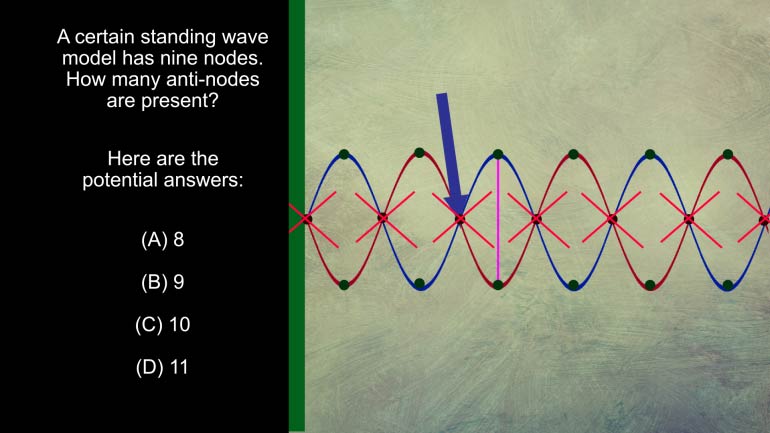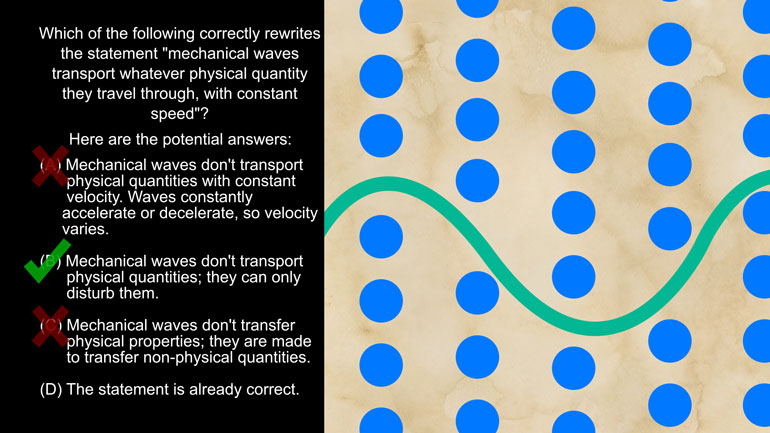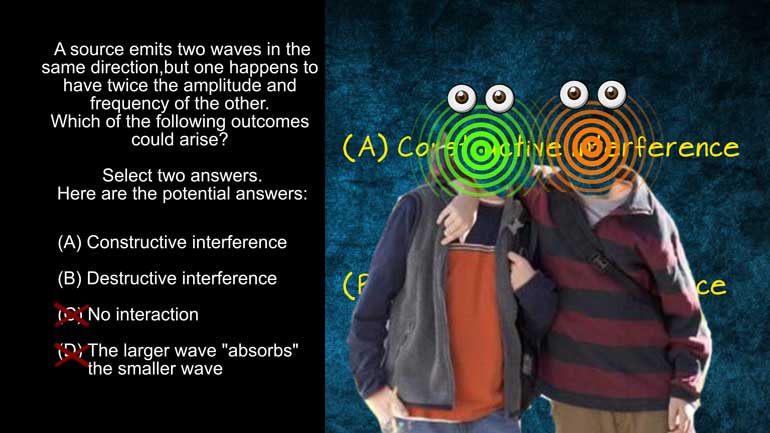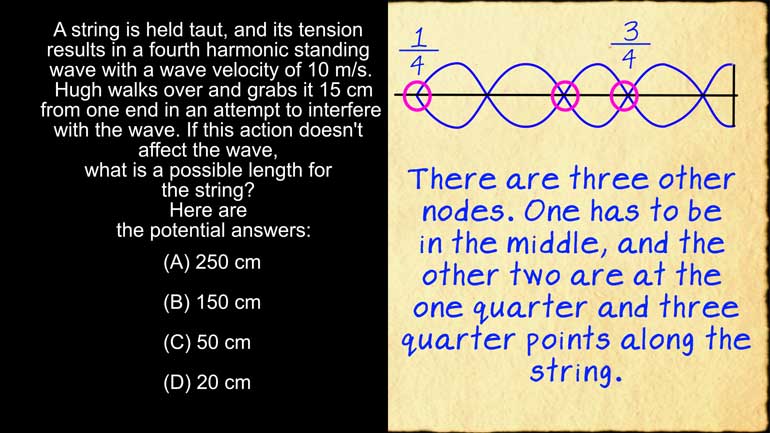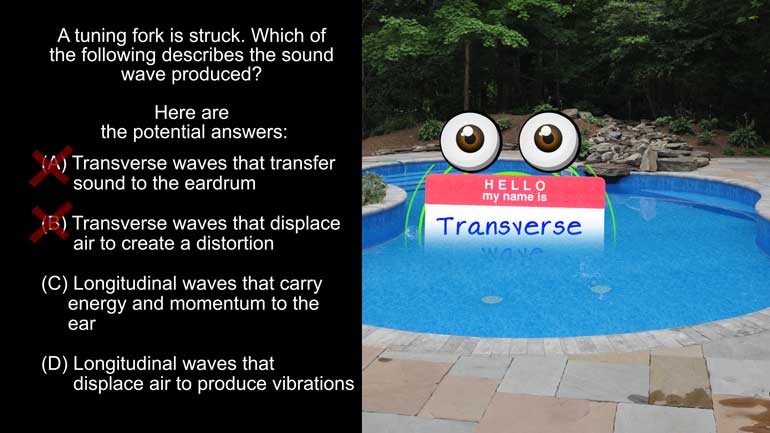ShmoopTube
Where Monty Python meets your 10th grade teacher.
Search Thousands of Shmoop Videos
AP Physics 1 Videos 86 videos
AP Physics 1: 1.4 Waves. Which of the following is technically true for Max as he stands at the edge of oblivion?
AP Physics 1: 1.4 Changes and Conservation Laws. Find the current across R2.
AP Physics 1: 2.4 Changes and Conservation Laws. Which of the following circuits should the students use?
AP Physics 1: 3.5 Object Interaction and Forces 184 Views
Share It!
Description:
AP Physics 1: 3.5 Object Interaction and Forces. Which of the following quantities would need to be known in order to calculate the impulse of the collision?
Transcript
- 00:00
Thank you We sneak and here's your shmoop du jour
- 00:05
brought to you by impulse To be clear we're talking
- 00:08
about impulse in physics not about that sweater We shouldn't
- 00:11
have bought a wooden block and a rubber wall collide
- 00:15
which of the following quantities would need to be known
Full Transcript
- 00:19
in order to calculate the impulse of the collision It's
- 00:23
like two answers right near the options All right well
- 00:29
in physics impulses the transfer of mo mentum from one
- 00:32
object to another Think of a game of pool when
- 00:35
we strike the cue ball with the stick there's a
- 00:37
transfer of mo mentum like here to here when the
- 00:40
cue ball strikes another ball well that's another transfer of
- 00:43
mo mentum each collision is an impulse where the force
- 00:47
of one object delivers momentum to another object over a
- 00:50
given period of time Impulses defined his force times the
- 00:54
change in time equation looks like this because we're good
- 00:58
physics students way know that force equals mass times acceleration
- 01:02
right We just know that And since we're great physics
- 01:05
students problem we know that acceleration equals velocity divided by
- 01:10
time Write a will overtake Now the force equation can
- 01:14
live like this force equals mass times the quotient of
- 01:18
velocity divided by time And while we're having fun with
- 01:21
equations that means that if we multiply both sides by
- 01:24
time we'll see that force times time equals mass times
- 01:27
velocity In other words the impulse of force times time
- 01:31
equals mo mentum and that means we don't need to
- 01:34
know the coefficient of friction of the surface The block
- 01:37
is sliding on and we also don't need to know
- 01:40
the kinetic energy of the block The options being dear
- 01:43
incorrect to things We need no r a the mass
- 01:46
of the block and see the change in its velocity
- 01:49
That's it way also need to know if the place
- 01:51
were bought This sweater from takes returns because this thing's 00:01:54.516 --> [endTime] just titties
Related Videos
AP Physics 1: 2.5 Changes and Conservation Law. At what point(s) in this situation is energy lost in any form?
AP Physics 1: 1.4 Waves. Which of the following is technically true for Max as he stands at the edge of oblivion?
AP Physics 1: 1.4 Changes and Conservation Laws. Find the current across R2.
AP Physics 1: 2.4 Changes and Conservation Laws. Which of the following circuits should the students use?
AP Physics 1: 1.5 Waves. What can possibly occur when the two waves reach each other?
